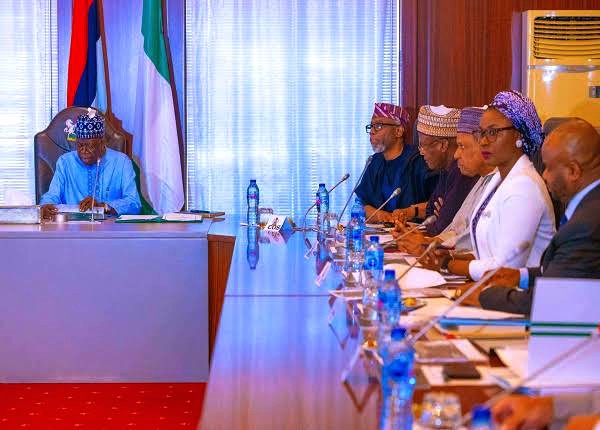
Tinubu News: Eight New Permanent Secretaries Appointed to Improve Governance
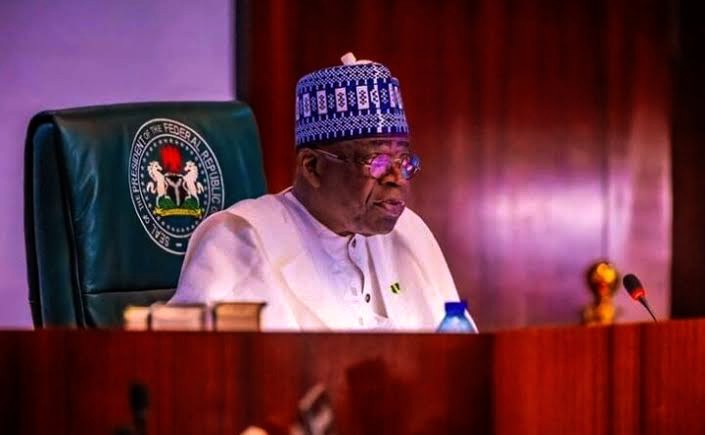
Tinubu News In other to strengthen the federal civil service, President Bola Tinubu has appointed eight new Federal Permanent Secretaries. This decision aims to fill existing and impending vacancies, also ensuring a robust administrative framework to drive national policies and improve service delivery. The announcement, made by Ajuri Ngelale, the Special Adviser to the President on Media and Publicity, marks a key step in the administration’s commitment to effective governance.
Tinubu News: The Importance of Permanent Secretaries
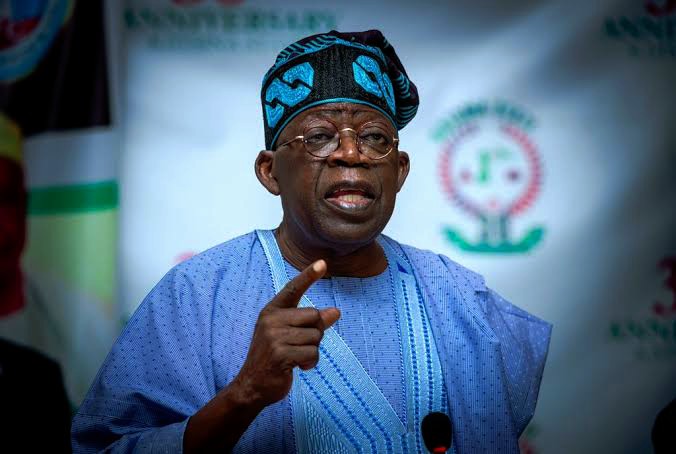
Permanent Secretaries hold critical roles in Nigeria’s governance structure. Firstly, they oversee the administrative operations of various ministries, while also implementing government policies. Furthermore, they ensure that public resources are utilized effectively. Their responsibilities include not only advising ministers but also coordinating departmental activities and serving as the link between the political leadership and civil servants. Therefore, selecting capable individuals for these positions is essential for the successful implementation of government initiatives.
Selection Process and Criteria

The selection process, overseen by the Office of the Head of the Civil Service of the Federation, emphasized merit and integrity. Moreover, President Tinubu’s administration prioritized candidates with proven track records in public service, focusing on their ability to uphold transparency and accountability. Ultimately, this rigorous process reflects the administration’s commitment to revitalizing the civil service, ensuring it operates efficiently and meets the needs of the Nigerian people.
List of Newly Appointed Permanent Secretaries
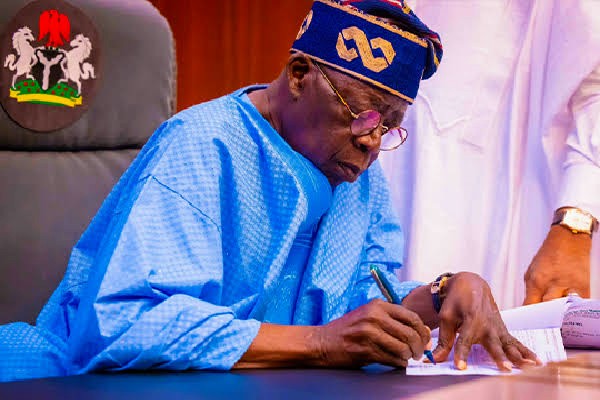
- Dr. Emanso Umobong Okop – Akwa-Ibom
- Obi Emeka Vitalis – Anambra
- Mahmood Fatima Sugra Tabi’a – Bauchi
- Danjuma Mohammed Sanusi – Jigawa
- Olusanya Olubunmi – Ondo
- Dr. Keshinro Maryam Ismaila – Zamfara
- Akujobi Chinyere Ijeoma – (South-East)
- Isokpunwu Christopher Osaruwanmwen – (South-South)
Tinubu News: Profiles of the New Appointees
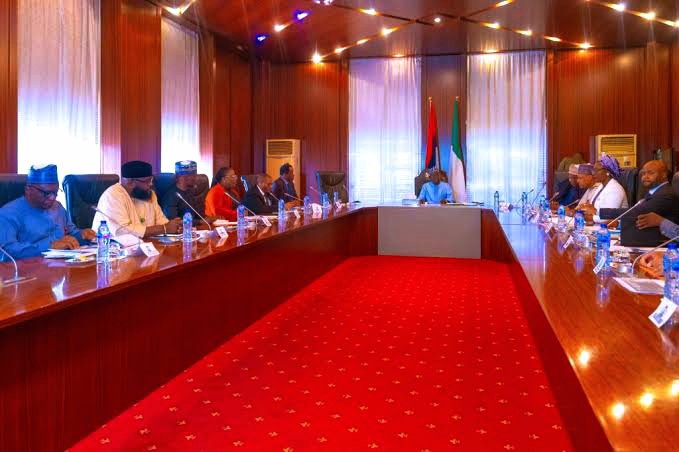
Dr. Emanso Umobong Okop (Akwa-Ibom)
Dr. Okop has made significant contributions to public administration in Akwa-Ibom. Notably, his expertise in public policy and administration has driven various reforms, thereby enhancing efficiency in service delivery. Additionally, with a background in public health, he has advocated for improvements in healthcare systems, particularly focusing on rural healthcare accessibility. As a result, his role as Permanent Secretary is expected to further the federal government’s healthcare agenda.
Obi Emeka Vitalis (Anambra)
Obi Emeka Vitalis, a seasoned administrator from Anambra, has focused on promoting transparency and accountability in government operations. Moreover, he has spearheaded initiatives that reduced bureaucratic bottlenecks, thereby fostering a more responsive civil service. Given his experience in public finance and governance reforms, he is anticipated to streamline operations in his new role, consequently improving public service delivery.
Mahmood Fatima Sugra Tabi’a (Bauchi)
Fatima Sugra Tabi’a has played a vital role in advocating for gender equality and women’s empowerment within the civil service. In particular, her efforts in Bauchi have included programs that support women’s participation in governance, while also promoting inclusive policies that address gender disparities. As such, as Permanent Secretary, she will likely continue championing diversity and inclusion, thereby aligning with the federal government’s objectives.
Danjuma Mohammed Sanusi (Jigawa)
Danjuma Mohammed Sanusi, recognized for his strategic approach to governance, has consistently pushed for administrative reforms in Jigawa. Specifically, his efforts to implement performance management systems in the civil service have led to increased efficiency and accountability. Moreover, Sanusi’s leadership in various developmental projects further reflects his commitment to enhancing public sector performance.
Olusanya Olubunmi (Ondo)
Olusanya Olubunmi’s career in the Ondo State civil service includes significant contributions to public sector reforms. Notably, he has worked extensively on initiatives aimed at improving public resource management and service delivery. His approach emphasizes innovation and collaboration, thereby fostering a work environment that encourages proactive problem-solving.
Dr. Keshinro Maryam Ismaila (Zamfara)
Dr. Keshinro Maryam Ismaila brings her expertise in health administration to the federal level. Specifically, her work in Zamfara focused on healthcare policy development and implementation, addressing critical issues like maternal and child health. Furthermore, her leadership in public health initiatives has improved healthcare outcomes in the region, thereby positioning her well for her new responsibilities.
Akujobi Chinyere Ijeoma (South-East)
Akujobi Chinyere Ijeoma, a dedicated public servant from the South-East, has a strong track record in community development and public service. Her focus on grassroots engagement has facilitated effective communication between the government and local communities. As a result, as Permanent Secretary, she is expected to enhance citizen participation in governance, thereby fostering transparency and trust.
Isokpunwu Christopher Osaruwanmwen (South-South)
Isokpunwu Christopher Osaruwanmwen has been instrumental in driving infrastructural development and economic empowerment in the South-South region. Additionally, his advocacy for sustainable development and capacity building aligns with the government’s broader economic goals. In his new role, he will focus on leveraging resources to promote regional development.
Implications of the Appointments
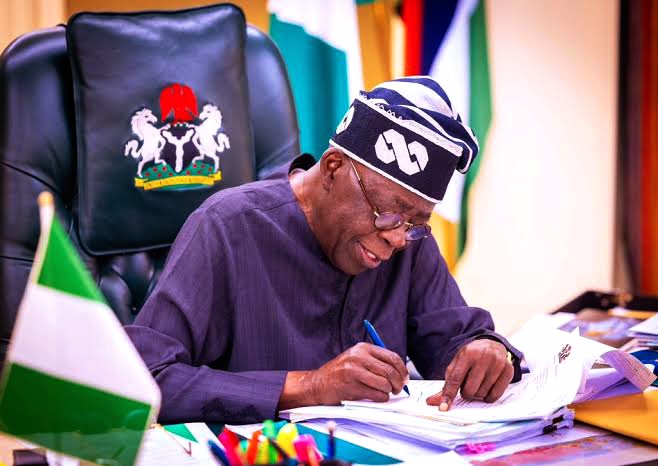
The appointment of these Permanent Secretaries signifies President Tinubu’s commitment to a merit-based civil service that reflects Nigeria’s diversity. By selecting individuals with diverse backgrounds and expertise, the administration also aims to enhance governance and public service delivery across the country. Furthermore, these appointments emphasize the importance of inclusive leadership in driving national progress.
Expectations and Challenges
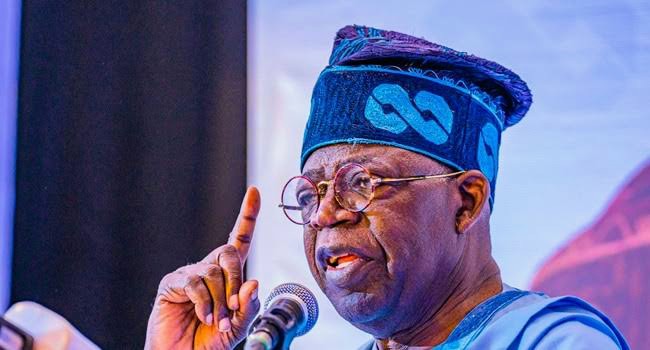
While these appointments come with high expectations, they also present significant challenges. Specifically, the new Permanent Secretaries face the task of addressing bureaucratic inefficiencies and corruption, which are long-standing issues within the civil service. Furthermore, they must implement reforms that promote transparency, accountability, and responsiveness. Ultimately, their success will significantly impact the administration’s ability to achieve its policy objectives.
National Construction and Household Support Programme

Together with these appointments, President Tinubu launched the National Construction and Household Support Programme, a key initiative aimed at addressing the economic challenges faced by Nigerians. Furthermore, this comprehensive programme seeks to stimulate growth in crucial sectors such as agriculture, manufacturing, and construction, thereby providing much-needed relief to households.
Objectives of the Programme
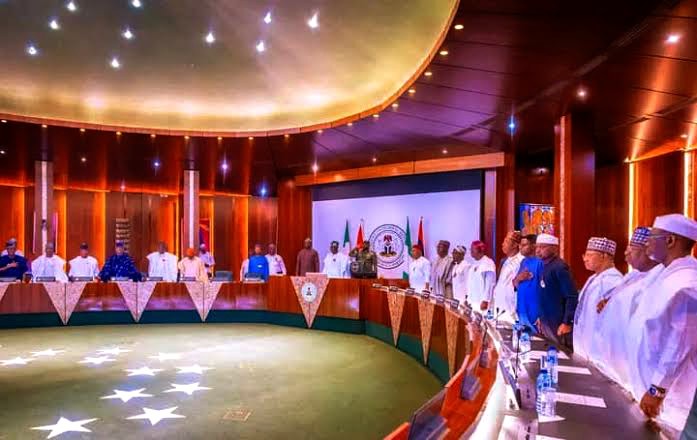
The programme aims to:
- Enhance Agricultural Productivity: By providing farmers with resources and support, the initiative seeks to increase agricultural output and food security.
- Boost Economic Growth: Investments in agriculture, manufacturing, and construction aim to create jobs and stimulate economic development.
- Provide Economic Relief: Direct support to households to mitigate the impact of rising costs and economic challenges.
Tinubu News: Key Infrastructure Projects

As part of the broader strategy, President Tinubu has also approved funding for several critical infrastructure projects:
Port Harcourt-Maiduguri Railway
This project aims to connect major cities across Rivers, Abia, Enugu, Benue, Nasarawa, Plateau, Bauchi, Gombe, Yobe, and Borno states. By facilitating trade and commerce, the railway will also enhance economic activities and regional connectivity, thereby contributing to national integration and development.
Ibadan-Abuja Segment of the Lagos-Kano Standard-Gauge Railway
This railway segment will traverse Lagos, Ogun, Oyo, Osun, Kwara, Niger, Abuja, Kaduna, and Kano. As a result, the improved transportation and logistics infrastructure will enhance trade and commerce, thereby reducing transportation costs and boosting the economy.
Sokoto-Badagry Road Project
Prioritized for its strategic importance, the Sokoto-Badagry road project aims to improve connectivity between key agricultural regions, thereby enhancing access to markets and supporting the nation’s agricultural sustainability.
Tinubu News: Impact of Infrastructure Development

These infrastructure projects are expected to have far-reaching impacts on Nigeria’s economy. Firstly, improved transportation networks will facilitate the movement of goods and people, reducing costs and enhancing competitiveness. Moreover, by connecting remote areas to urban centers, these projects will promote regional development and economic diversification.
The Road Ahead: Opportunities and Challenges
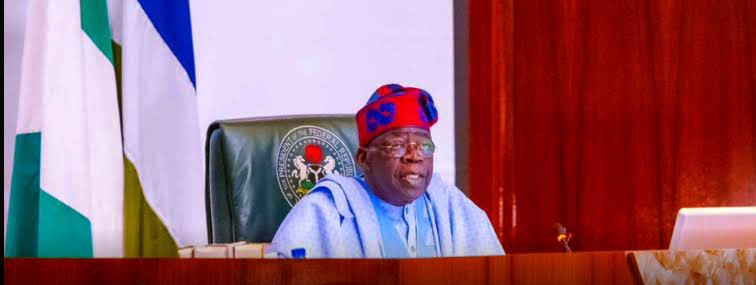
While the initiatives and appointments have gathered positive reception, they also pose significant challenges. Specifically, the new Permanent Secretaries must overcome complex bureaucratic structures, well established interests, and resource constraints. Therefore, their ability to implement reforms and improve service delivery will be critical in achieving the administration’s goals.
Overall
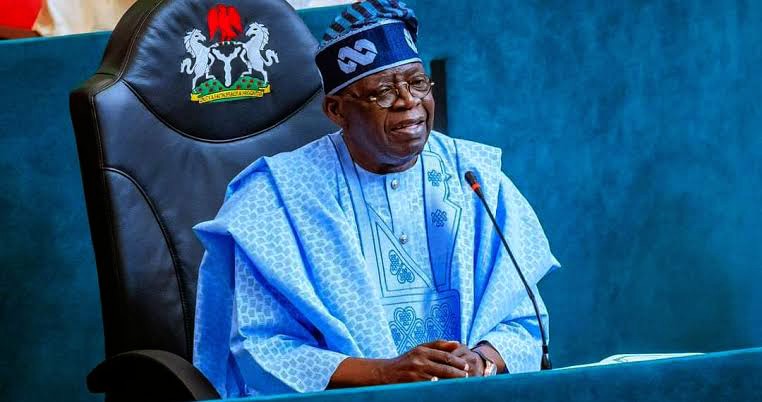
President Bola Tinubu’s recent appointments and initiatives reflect a strategic approach to governance and economic development. By emphasizing capable leadership and robust infrastructure, the administration also aims to create a more effective civil service and a vibrant economy. Ultimately, the success of these efforts will depend on the commitment of the new Permanent Secretaries to deliver on their mandates as well as the government’s ability to maintain transparency and accountability.
As Nigeria continues to overcome its socio-economic challenges, these strategic moves represent essential steps toward a more prosperous and stable future. Also, by prioritizing inclusive development and efficient governance, the Tinubu administration sets the stage for significant progress in addressing the needs of the Nigerian people.
Click here to get more news on Tinubu
Related Topics
Bola Ahmed Tinubu: Biography, Political Career and News
Nigeria Anthem: President Tinubu Reinstates Old National Anthem
ASUU Issues Ultimatum to Tinubu: Renegotiated Draft or Face Total Strike



Congratulations on their appointment,we hope they work diligently as we pray for a better Nigeria.